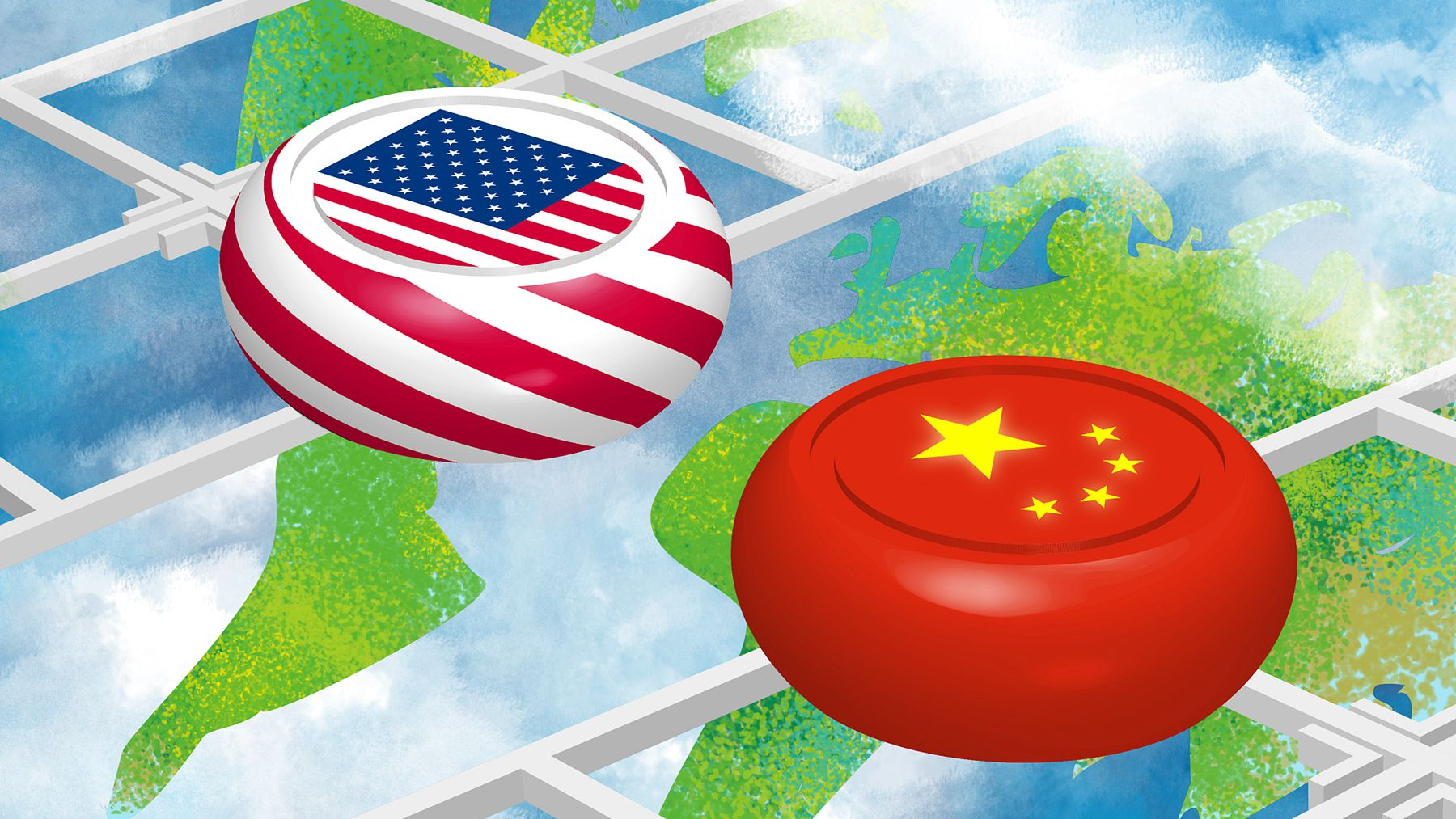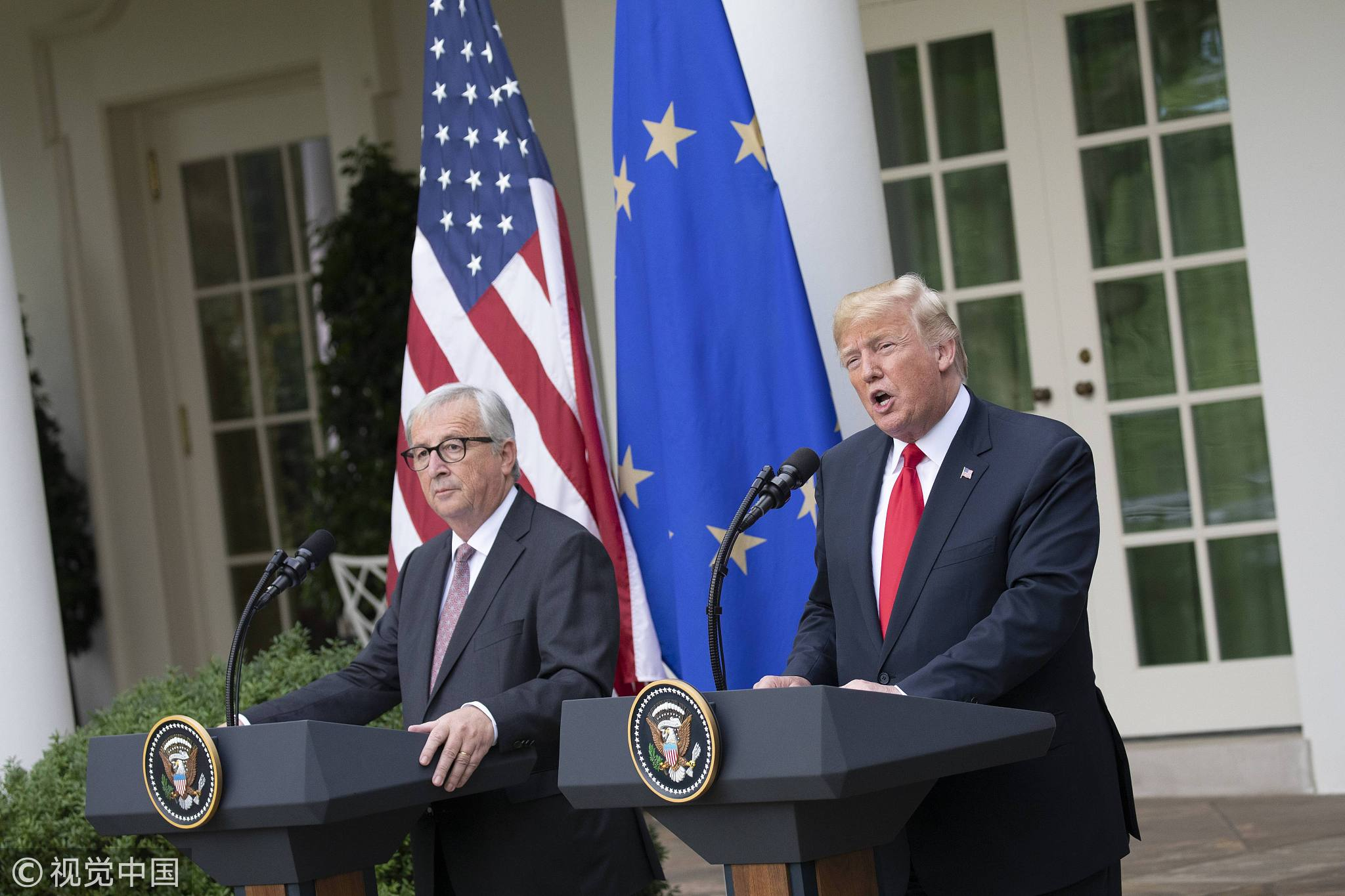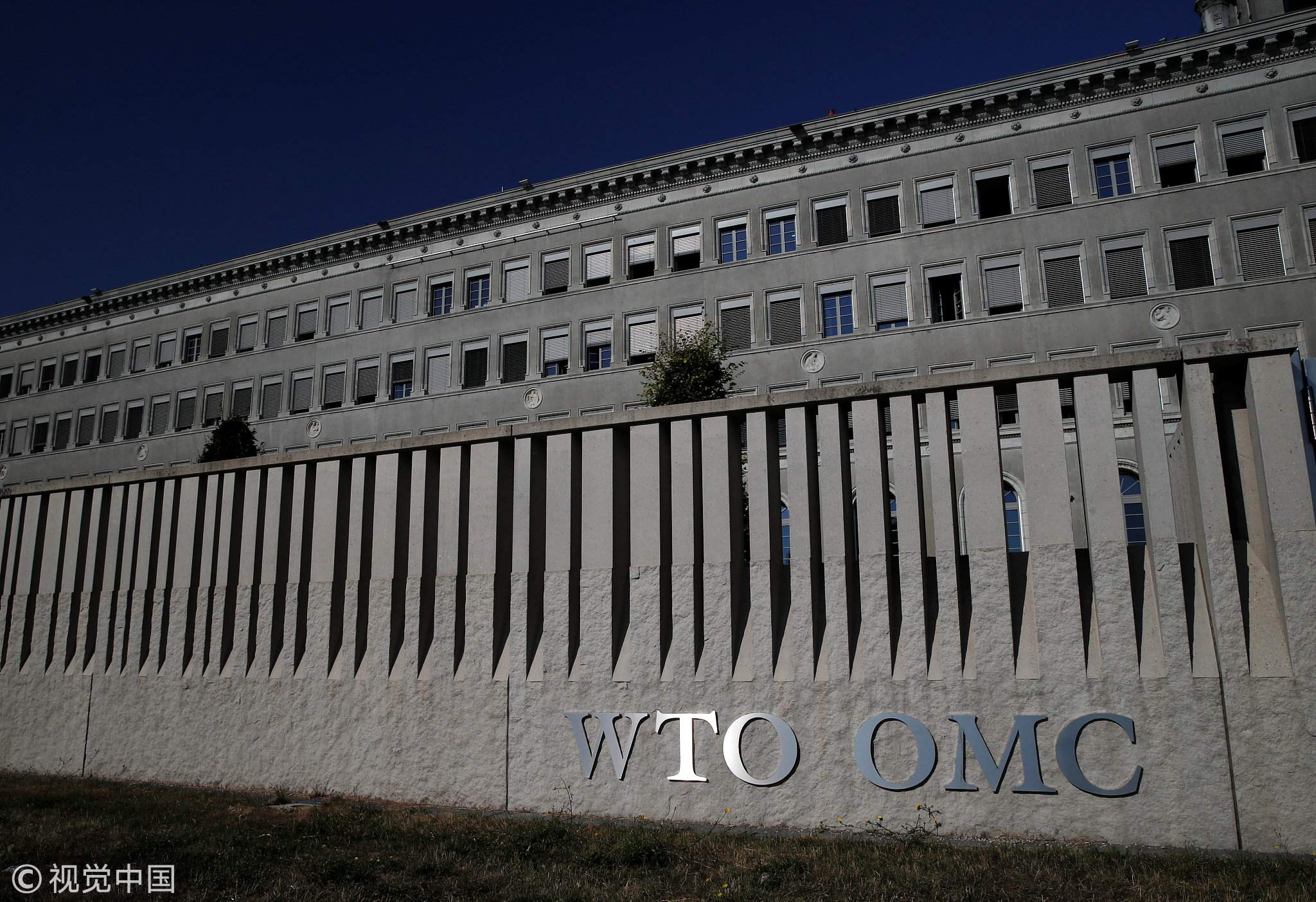
Opinions
14:57, 18-Aug-2018
Opinion: Misperception about the US-China trade war in China
Updated
14:15, 21-Aug-2018
By Shen Yi

Editor’s Note: Shen Yi is an associate professor of the Department of International Politics at Fudan University. This article is translated and edited from the one originally published on Guangming Online on August 16. The article reflects the author's opinion, and not necessarily the views of CGTN.
After the US government recently announced an additional 25 percent tariff on 34 billion US dollars’ worth of Chinese imports, and China responded by doing the same to US imports, it is undeniable that the US-China trade conflict has escalated into a trade war.
No matter how much we want it to change, it is impossible to avert the US-China trade war by merely thinking positively. In the long run, it may even be just the beginning of a new era in Sino-US relations; the truly difficult test is yet to come.
In this context, observing and clarifying some misconceptions about the trade war will help us figure out this situation, see the logic and nature of the trade war, and then know what appropriate measures to take to deal with it.
After President Trump and European Commission President Juncker issued a joint statement on July 25, the news about the US and EU "shaking hands and reaching a deal on a zero tariff free trade zone” went viral on China’s social media platforms, and even found its way to the online platforms of some traditional forms of media.
The media in Europe and the US, however, approached it in a totally different manner. Their attitude was tinged with reservation, suspicion and even an amount of passivity or denial. They believed that the Trump-Juncker statement was more of a symbolic political statement that pointed to Trump’s pursuit of personal political prestige at home and Juncker’s pursuit of zero tariffs for the German auto industry at the expense of the rest of the European Union (EU).

US President Donald Trump and European Commission chief Jean-Claude Juncker speak about trade relations in the Rose Garden of the White House in Washington on July 25, 2018 /VCG Photo
US President Donald Trump and European Commission chief Jean-Claude Juncker speak about trade relations in the Rose Garden of the White House in Washington on July 25, 2018 /VCG Photo
If you look closely at those posts on China’s social media platforms, you will see they convey a message that our enemy is too powerful, so let’s lay down arms and surrender; everything will be fine after that.
In other words, this is more of a misperception by members of the Chinese population than what the US media is actually saying. China's netizens hope that this trade war will become a thing of the past if China takes a passive stance.
Unfortunately, in this context, a strategy of sitting back and waiting can only be considered a misperception, as defined by American scholar Robert Jervis, and stems from an erroneous study of history and the use of wishful thinking. It doesn’t really solve the problem. These misperceptions are mainly reflected in the following ways:
First, the misperceptions fail to recognize that trade war, initiated by the US against China, bears the clear hallmarks of a preventive action taken by a hegemonic power against its perceived challengers.
In 2017, Steve Bannon, a former chief aide to Trump, gave a speech in Japan in which he explained more bluntly the purpose and significance of the Trump administration’s action against China via the Section 301 investigation: Seizing an opportunity to respond to China’s ability to impact and challenge US hegemony.
From this perspective, the various issues raised by the US are actually intended to safeguard US hegemony by eliminating potential strategic challengers. The intention of the US side will not go away if and when China draws back, nor will it change if China adheres to the conditions laid out by the US.
Second, the misperceptions fail to recognize that the US today is no longer the superpower it either was or, at least, claimed to be. The misperception is that we are no match for such a fierce superpower, so we can’t fight it but must exercise restraint or resort to the international community instead.
In the face of Japan’s threats and challenges in the 1930s, Chinese policymakers once bet on the goodwill of the League of Nations and the Nine Power Treaty. What happened then?
Everything coming out of the US today suggests the country is unable to handle China with ease: The EU is not buying Trump’s policies, and the consequences of the trade war has caused resentment and dissatisfaction in the US, exacerbating domestic issues ahead of the upcoming midterm elections.
Third, the misperceptions fail to recognize the profound changes to international trade in the new era. Interestingly, to some researchers, trade is only about comparative advantage in the style of “Britain exporting wool and Portugal exporting wine” as textbooks may tell us.

The World Trade Organization (WTO) headquarters is pictured in Geneva, Switzerland, on July 26, 2018. /VCG Photo
The World Trade Organization (WTO) headquarters is pictured in Geneva, Switzerland, on July 26, 2018. /VCG Photo
The reality is that companies have responded to the trade issues by shifting production out of the US: Harley-Davidson, which was once praised by Trump, has already done so, and BMW is considering doing the same.
Fourth, the misperceptions derive from a fragmentary and random interpretation of Deng Xiaoping's strategy of “hiding our capacities and biding our time". In fact, this strategy is not about hiding from challenges, but about holding your ground and paying attention while keeping a low profile and not actively trying to take the lead. “Take the lead” in this instance meant China should not try to take the place of the Soviet Union during the Cold War.
The development of Sino-US relations has always followed the logic of seeking peace through struggle and ensuring peaceful co-existence, rather than allowing the US to lord over China.
Correcting these misperceptions is the first test for China in the face of the trade war. It examines whether China has the necessary strategies to face the inevitable pressure that will accompany China's rise to the center of the world stage. This is a crucial first step towards a new future.

SITEMAP
Copyright © 2018 CGTN. Beijing ICP prepared NO.16065310-3
Copyright © 2018 CGTN. Beijing ICP prepared NO.16065310-3